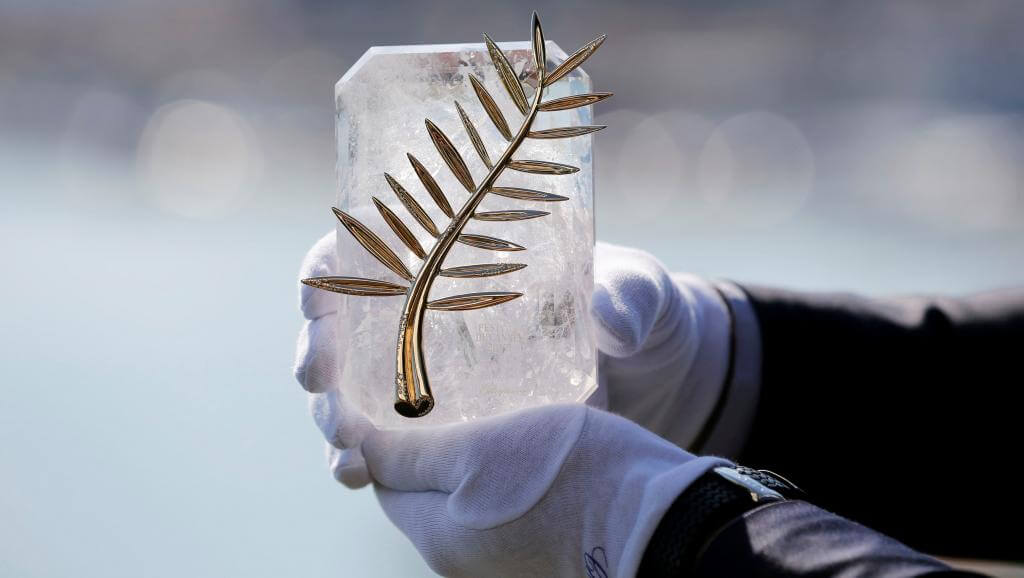Lifestyle
5.13.2019
Cannes Film Festival: top 5 award-winning Arab films

The Cannes Film Festival is back on track this Tuesday. This is an opportunity to review 5 cult Arab films that won awards on the Croisette…
5. A thousand months
by Faouzi Bensaïdi (Morocco)
First Look Award 2003
Mille Mois tells the story of the daily life of Mehdi, 7 years old, forced, with his mother Amina, to move to his grandfather’s house in the heights of the Moroccan Atlas after his father’s imprisonment. The boy who knows nothing of his father’s situation, gets used to his new life in the mountains.
4. Waves’ 98
by Ely Dagher (Lebanon)
Golden Palm for the short film 2015
Disillusioned by his life in a remote suburb of Beirut, Omar enters the depths of the Lebanese capital. There he meets a familiar universe but yet so far from his own reality and comes to question his identity and integrity. An animated short film, Waves’98 offers a real visual and sensory experience.
3. Divine intervention
by Elia Suleiman (Palestine)
Jury Prize 2002
This is a story of a romance sprinkled with black humour. Intervention divine depicts the daily life of Es, a Palestinian from Jerusalem who falls in love with a Palestinian woman from Ramallah. Palestine being fragmented, the love story between the two souls seems impossible, Es and his chosen being forced to meet in a deserted car park near an Israeli checkpoint.
2. Capernaum
by Nadine Labaki (Lebanon)
Jury Prize 2018
In a Beirut court, Zain, a 12-year-old boy, appears before the judge. To the question: “Why are you suing your parents?”, the child answers: “Because they gave me life! “. Capernaum looks back at the journey of this child with no identity and his rebellion against a world that has excluded him.
1. Chronicle of the Years of Fire
by Mohammed Lakhdar-Hamina (Algeria)
Golden Palm 1975
This is the first and only Arab feature film to have won the Golden Palm. The film traces the political and then military struggle against the French protectorate. Divided into 6 chapters, the feature film began in 1939 and ended in November 1954, the date of the beginning of the Algerian revolution. In addition to its projection on the Croisette, its director Mohammed Lakhdar-Hamina received several death threats, including from former members of the Secret Armed Organization (OAS), a small French nationalist political and military group…
popular

